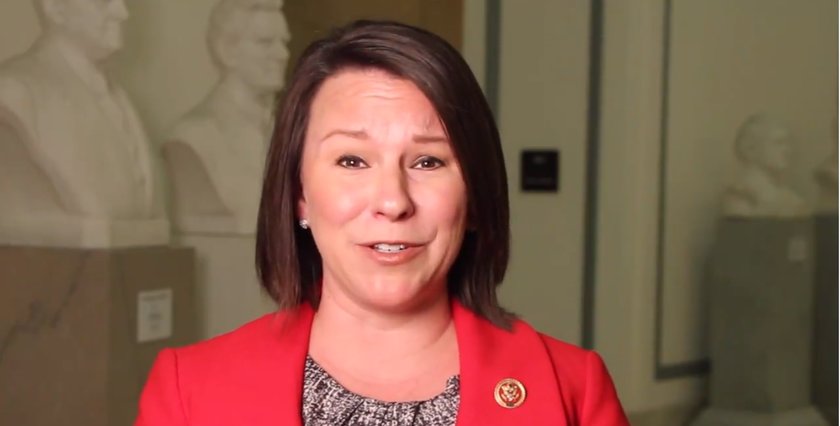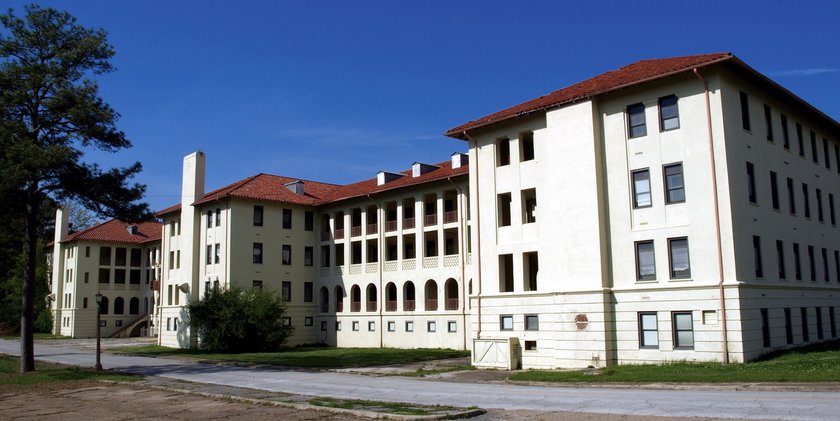
MONTGOMERY, Ala. — The Alabama Public Service Commission (PSC), the agency tasked with regulating the state’s utilities, this week approved solar energy proposals by Alabama Power that could help protect Ft. Rucker and the Anniston Army Depot during the next round of military base closures.
Earlier this year, Alabama Power established a groundbreaking new renewable energy program, seeking to boost its power from renewables—including solar—to 500 megawatt hours over the next six years. 500 megawatts of solar power is enough renewable energy to serve about 100,000 homes during an hour of peak sun intensity on cloudless days. Alabama Power already has 1,600 megawatts of hydro resources across Alabama, and 404 megawatts of wind generation from projects in Kansas and Oklahoma.
“This proposal provides a common-sense path for expanding renewables in Alabama,” Nick Sellers, Alabama Power’s vice president of regulatory and corporate affairs, said at the time the proposal was rolled out. “The Public Service Commission has been clear that they do not want renewables to be subsidized by all of our customers. This filing achieves that policy directive while also allowing for solar and new renewable energy projects that are expected to provide economic benefit for all of our customers.”
The plan was mainly geared toward attracting large corporations to the state, many of which have instituted company-wide policies requiring a certain percentage of their power consumption to be fueled by renewable sources.
The PSC approved Alabama Power’s plan in September. This week, the Commission also approved the Power Company’s first two solar projects to be built under the plan — one each at Ft. Rucker and the Anniston Army Depot.
In 2007, Congress set a goal for the Department of Defense to fill at least 25 percent of its energy needs from renewable sources by 2025.
The Anniston Army Depot, a state-of-the-art maintenance facility, employs 4,100 total soldiers and civilians. Ft. Rucker, the Army’s aviation training base, supports a daytime population of just under 14,000, including about 5,800 people in uniform, 7,600 civilian and contract employees and 3,300 military Family member residents. Both installations are boons for their respective region’s economy, attracting suppliers and other private sector businesses to the area.
Solar plants at the two Alabama bases will produce approximately 10 megawatts each, enough combined power to service over 4,000 homes. The cost of the two projects will be just south of $50 million, but the benefits could be significant in the next couple of years when the Department of Defense could consider another round of base closures.
Alabama fared well overall in the 2005 Base Realignment and Closure (BRAC) process, in spite of Ft. Rucker being slated for realignment. The base’s Aviation Technical Test Center moved to Redstone Arsenal in north Alabama and combined with the Redstone Technical Test Center to form Redstone Test Center, keeping the project in the state.
The BRAC Commission considers a wide range of variables when deciding which bases to close. Spokespersons for Rep. Martha Roby (R-AL2) and Sen. Jeff Sessions (R-Ala.) both confirmed to Yellowhammer that Alabama Power’s renewable energy projects could be positive marks for the two Alabama bases if they are ever targeted for realignment.
The three Alabama Public Service Commissioners each questioned the Obama Administration’s energy policies, but voted to approve the projects to support the troops.
“I am concerned if we did not approve this measure that our vindictive, liberal president would probably try to punish Alabama and those members of the military who honorably serve in our great state at the Anniston Army Depot and at Fort Rucker by transferring them to other bases outside of the state,” said Commissioner Chip Beeker.
“I believe that the number one thing in this state we’ve got to look after are our veterans and jobs,” added Commission President Twinkle Cavanaugh. “The slogan at this commission is jobs, jobs, jobs.”
“We want customers to understand that this project has broader benefits,” Alabama Power spokesman Michael Sznajderman told the Birmingham Business Journal. “We are working with the military to meet their goals, and they are important to the state, so it is important to us to help them. They have certain requirements they are trying to meet regarding renewable energy, and we have been having ongoing conversations with them and these are just the first projects out of the gate.”
.@AlabamaPower’s latest solar-without-subsidies move could protect state’s military bases https://t.co/EWqiK434PQ
— Cliff Sims (@Cliff_Sims) November 5, 2015










